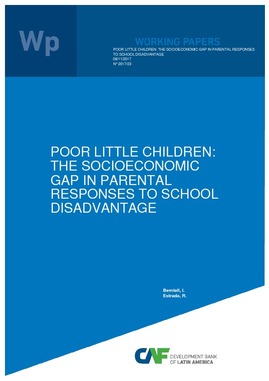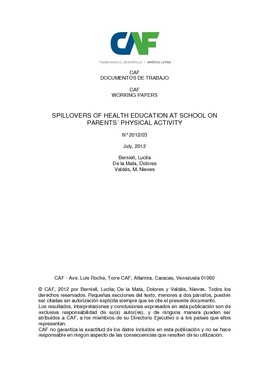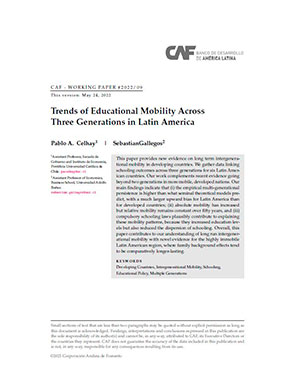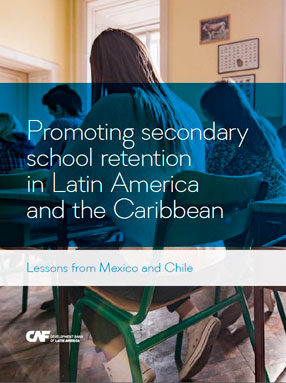Poor Little Children: The Socioeconomic Gap in Parental Responses to School Disadvantage
Resumen
In this paper, we study how parents react to a widely-used school policy that puts some children at a learning disadvantage. Specifically, we first document that, in line with findings in other countries, younger children in Spain perform significantly worse at school than their older peers and – key to causal interpretation – that for children born in winter this effect is not due to birth seasonality. Furthermore, the age of school entry effect is significantly greater among children from disadvantaged families. To understand why, we analyze detailed data on parental investment and find that college-educated parents increase their time investment and choose schools with better inputs when their children are the youngest at school entry, while non-college-educated parents do not.
Materia
País / Región
Fecha
2017-11-08Citar de esta publicación
Item perteneciente a la Colección
Items Relacionados
Spillovers of health education at school on parents´ physical activity
To prevent modern health conditions like obesity, cancer, cardiovascular illness, and diabetes, which have reached epidemic-like proportions in recent ...
Educational Mobility Across Three Generations in Latin American Countries
This paper presents new evidence on educational mobility across three generations in six Latin American countries (LAC). Combining survey information ...
Promoting secondary school retention in Latin America and the Caribbean
In Latin America and the Caribbean, more students than ever are entering secondary school — but too many of them never complete this level and successfully ...






